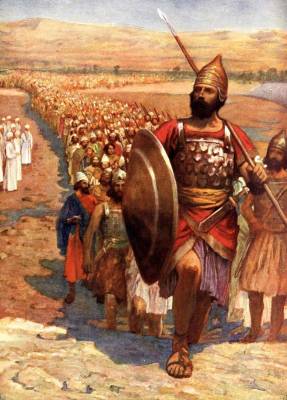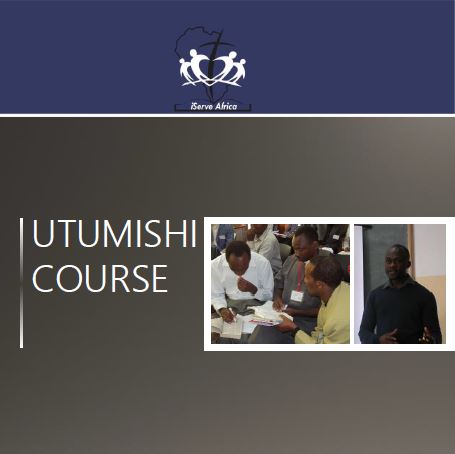 Guest post from our good friend Bernard Muluuta, pioneering some grassroots work encouraging faithful Bible teaching in Uganda:
Guest post from our good friend Bernard Muluuta, pioneering some grassroots work encouraging faithful Bible teaching in Uganda:
————————————————————————————-
Preaching is fundamental in the growth of the church and bears much fruit in the lives of Christians especially when done faithfully.
There are steps we go through when we get down to preaching or rather prepare to: we pray, study, pray some more, study more, write, pray and finally speak God’s Word to His people.
In our study and preparation, we are encouraged to handle the text right. “Context. Context. Context,” we are reminded, “is key” to understanding the big idea of the text. One other reason why we need to get our context right is because it affects how we apply the text to our hearers. A good understanding of the text and its context will greatly help us to apply the text to the people we are preaching to and show them why the text is relevant to them today and through that we hear God speak to us.
Spotting the context within a verse, chapter or book is good but it is also helpful to see it from the big picture perspective of the whole sweep of Scripture. All through the Bible we run into precedents – events that set patterns, they become a mould other events can fit into or are modelled on. (I don’t think I am the only one who runs into déjà vu moments in Scripture.)
We see patterns (set rolling by precedents) that are repeated in the Bible: the sacrificial system; prophets preaching God’s Word to a wayward people; God’s judgement against the people for their rebellion; the need for a king to lead God’s people; salvation for those who have faith in Jesus Christ.
The patterns have a lot to teach us about God, His character and plans, what He was teaching His people and how deviating from the pattern brought punishment against the people.
But it’s not just precedents and patterns we run into, we also find one-off phenomena – occurrences that happen only once and we are left with no other events to draw parallels to in an attempt to find a good explanation for the event. These are the exceptions.
 In the Old Testament we find events like Enoch walking with God and being taken away (Gen. 5.24), Moses and the Burning Bush (Ex. 3), Joshua and the messenger of the LORD (Josh 5.13), Gideon and the woollen fleece (Jdg 6.36-38). In the New Testament we find Paul’s encounter with Jesus on the road to Damascus (Acts 9), Paul’s shadow and handkerchief healing the sick (Acts 19.11-12).
In the Old Testament we find events like Enoch walking with God and being taken away (Gen. 5.24), Moses and the Burning Bush (Ex. 3), Joshua and the messenger of the LORD (Josh 5.13), Gideon and the woollen fleece (Jdg 6.36-38). In the New Testament we find Paul’s encounter with Jesus on the road to Damascus (Acts 9), Paul’s shadow and handkerchief healing the sick (Acts 19.11-12).
I point out this distinction because it is easy for us to mistake an exception for a precedent. In preaching some dwell on some of these exceptions and make so much of them more than the text itself intends. This is reflected in the applications in the sermon as people are told they should walk with God that like Enoch they will be taken away (as mysteriously as he was). Or how like Moses they need a burning bush experience. In yesteryears I have heard (and unfortunately still hear) sermons where people are told that they like Paul should have the power to heal the sick with their shadows and handkerchiefs.
People experience frustration when they hear sermons that turn these exceptions into patterns that are supposed to be happening in their lives but never materialise. It has resulted in Christians who think their faith is weak simply because “these signs are not following them.” (Mk. 16.17-18) Others wonder what is wrong with them if they have not had a “face-to-face” chat with God like Moses did.
We need to be careful as preachers to study the Scriptures right and understand where events fit into God’s salvation story and revelation of Himself. Our understanding of their relevance then and God choosing to reveal Himself in a particular way will affect what we preach as well as how we apply the text to our hearers.
Let us not weigh down the church with expectations and challenges God did not intend for them or leave the church with the wrong impression of what God is communicating.




